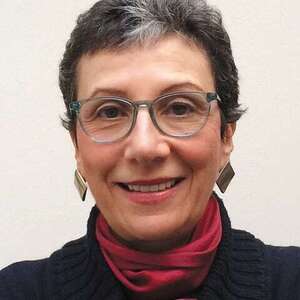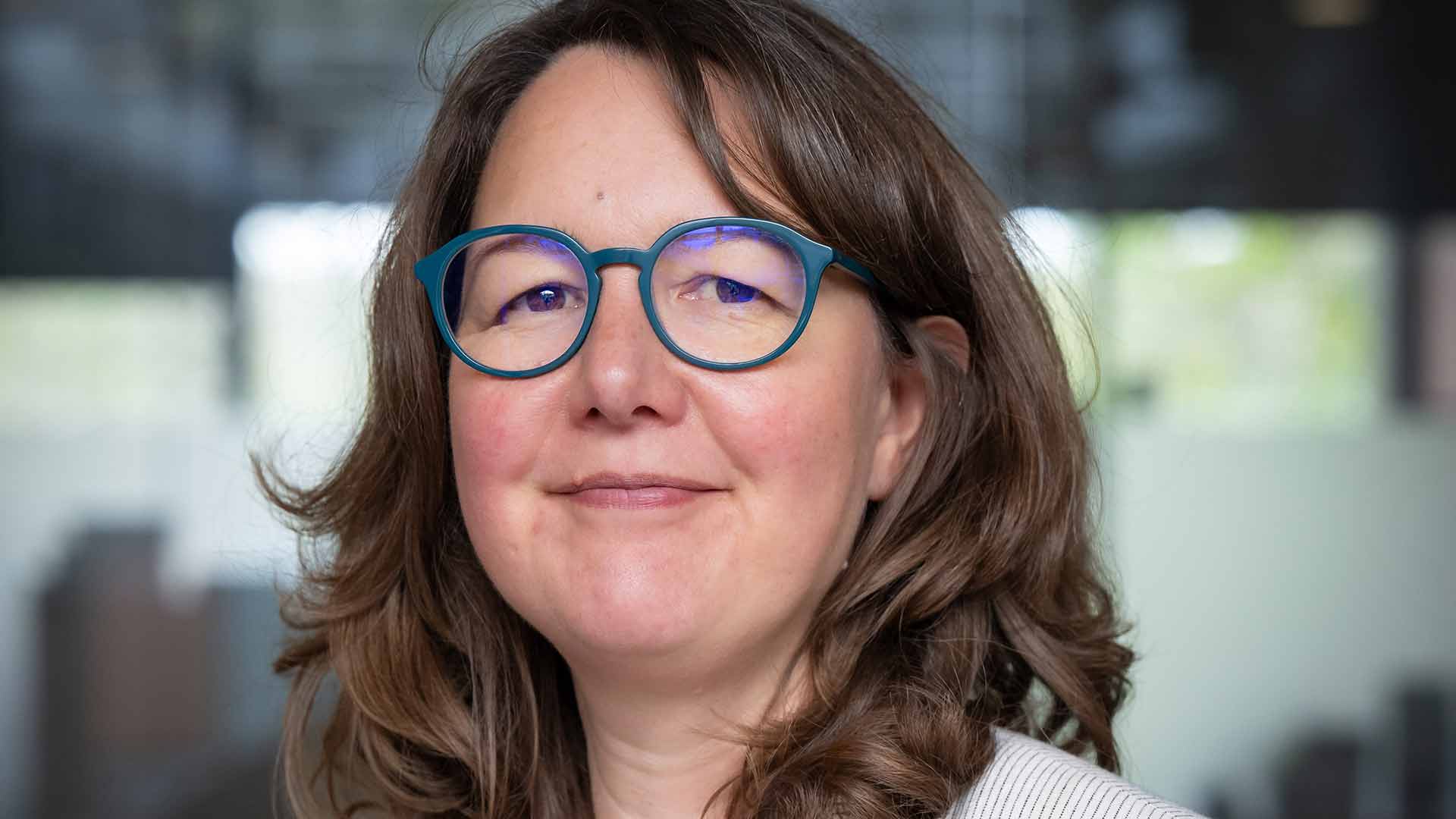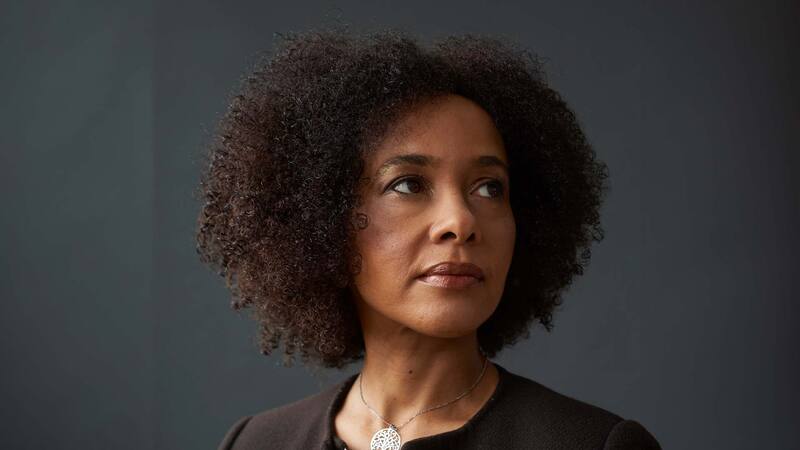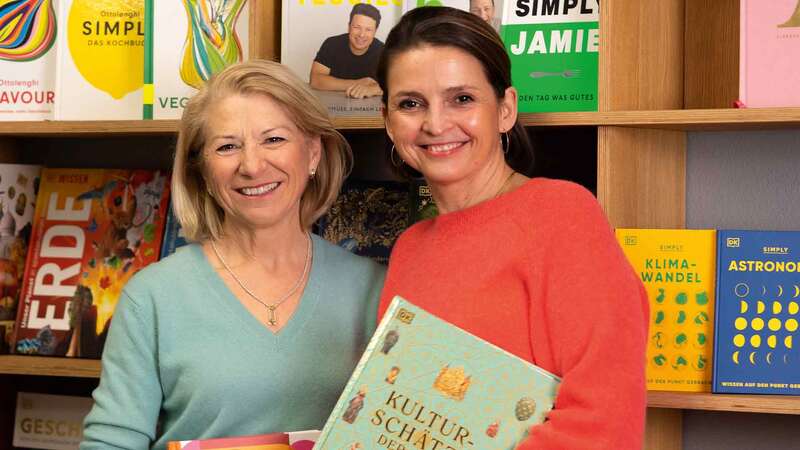You are viewing your 1 free article this month. Login to read more articles.
Success in a time of Covid
A distributor, a publisher, and a bookstore owner walked into the US Book Show and were asked ’how healthy is the industry?’
What does a wealthy publishing industry look like? How has Covid changed the industry for good? These were the questions animating two major panels at Publishers Weekly’s US Book Show this week, the second convening of a virtual multi-day event that aims to fill part of the gap left by the demise of Book Expo. Other sessions previewed titles, focused on libraries, considered censorship; all in all, those zooming in were grateful to have such a meeting place.
How healthy is the industry? A distributor, a publisher, a store owner, and the head of the Authors Guild tried to answer that question and others posed by Astra House senior editor Daniel Vazquez. Both Independent Publishers Group c.e.o. Joe Matthews and Grove Atlantic president and publisher Morgan Entrekin agreed that it isn’t. The pandemic, Matthews said, provided "an artificial lift," but supply chain woes haven’t been solved, and now "inflation, war, possible stagnation, more consolidation," face us. With so much going on in the world, consumer focus may be moving away from books, and the industry might be down as much as 10% this year.
The business "rewards scale and volume," Matthews noted—think Big Five and Amazon—but though Amazon controls more than half of all book sales in America, "it still isn’t a good platform for discovery. There’s something wrong with the economic equation" if booksellers receive "no compensation for showrooming." And with "a diminishing of critical discourse around books," Entrekin said, "it’s harder to get them talked and written about," so "all the attention goes to a handful."
With the "record levels of profit" being reported by large corporate houses, Entrekin felt that there has to be an examination of how revenues are distributed to employees, authors, and booksellers. Authors Guild c.e.o. Mary Rasenberger would agree. Her surveys of AG members showed 60% had suffered reduced writing income. Fifty percent lost paid speaking engagements; freelance journalism was down 30%; and 12% had contracts cancelled or delayed.
Dock Bookstore owner Donya Craddock’s consolidation concerns included Amazon, but also focused on publishers. It’s been easier for her to get "big-time" authors for her Dallas-Ft. Worth store from S&S, but not PRH. What will happen when the Big Five become the Big Four? Craddock also worried about staff turnover and demand for higher wages. All four panelists raised the problem of burnout both in staff and in themselves; authors have told them about how overworked editors are, too, so "it’s hard to get attention" in the houses, Rasenberger said.
However, on the positive side, she pointed to new income streams—podcasts, short videos, streaming TV, new serialization platforms—"though they don’t pass along enough to the authors." And Matthews saw one "silver lining": the pandemic "opened conversations. We’ll build more resilient supply chains, and stop focusing on just-in-time. People are thinking about standardization around digital files, and ideas like should we stop putting prices on books."
Amazon Publishing president Julia Sommerfeld, St. Martin’s Press president Jennifer Enderlin, and the agents Anjali Singh and Monica Odom discussed what was good—but also not so good—about work in the time of pandemic based on questions lobbed by PR maven Paul Bogaards. During the first lockdown in New York, Enderlin said, "it felt like living through a war. It forged stronger bonds—there is a lot more looking out for one another and checking in, not taking things for granted."
"Leaning in" to work helped keep Singh going and "tune out" some of the disaster happening all around. She and the others spoke of the "tremendous freedom" that working from home could confer. The creative work of so many of her team members benefitted from being home, Sommerfeld said: editors told her it "enabled them to raise the bar on manuscripts, do their best thinking wearing elastic waistbands." But "no one size fits all" in working from home versus the office, Enderlin cautioned.
The hardest part about being virtual, Sommerfeld said, is "onboarding" staff and mentoring younger people. New structures need to be developed, ones that, as Singh said, "balance mentorship and camaraderie with flexibility." Asked about remote work’s potential to diversify the industry, Odom, who is Black, advocated first of all for diversity by region. "Moving us out of ‘you have to work in New York’" will bring "more diverse agents and more diverse projects."
Another question concerned how to bring fun back into the equation. We were an industry where lunches and cocktail parties and travel were de rigueur. Enderlin doesn’t think "there will ever be the same level of lunch and parties as in 2019," but the parts "we liked best will find a way back—special author lunches, etc. They’ll be more special... We have to think not in all-or-nothing terms: that’s the silver lining of the pandemic, there’s more agency for what’s important to us in the new normal."
When it was suggested there’s no evidence that record publishing profits have trickled down to employees, Enderlin disagreed, at least as far as her parent Macmillan is concerned. Every employee received a bonus at the end of 2021 on top of the already existing bonus program, she said, and that was news to the other panelists. "If it were made public, it would encourage others," Odom ventured. "So spread the word!"




















